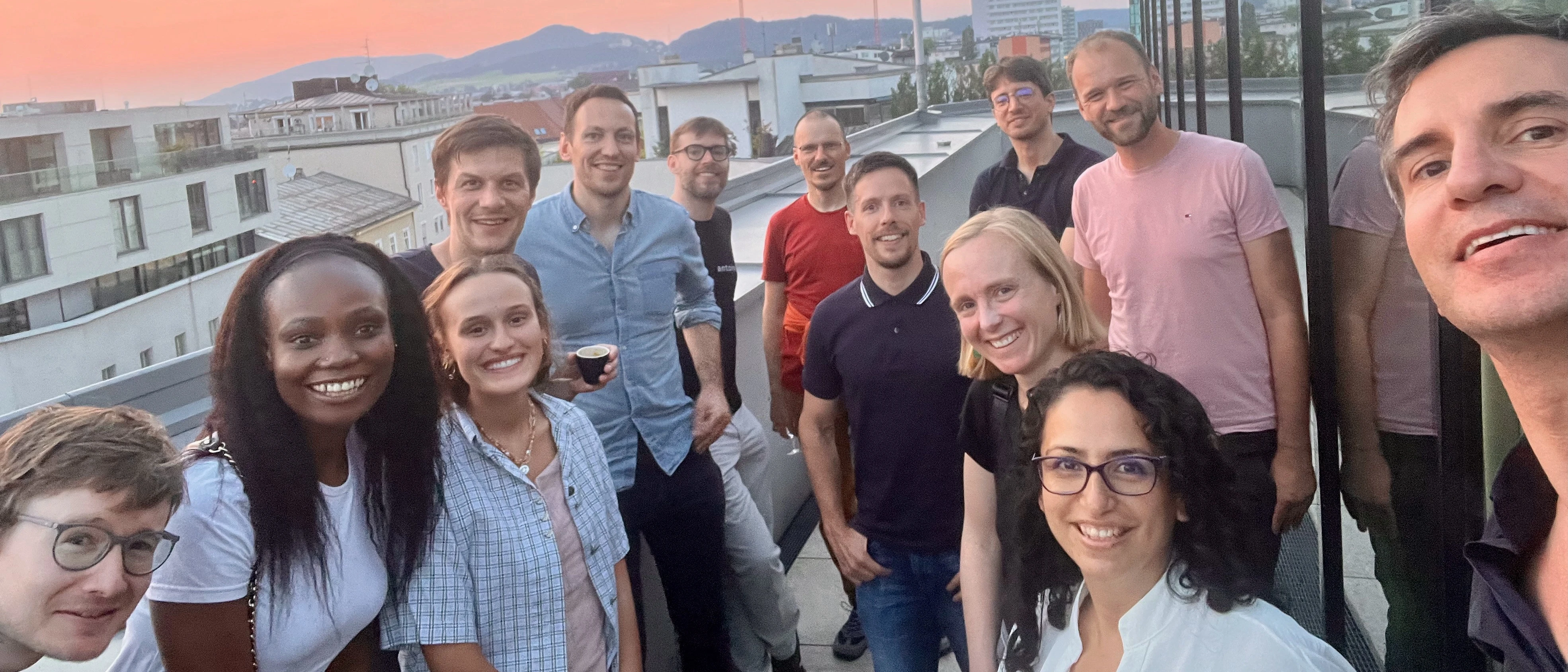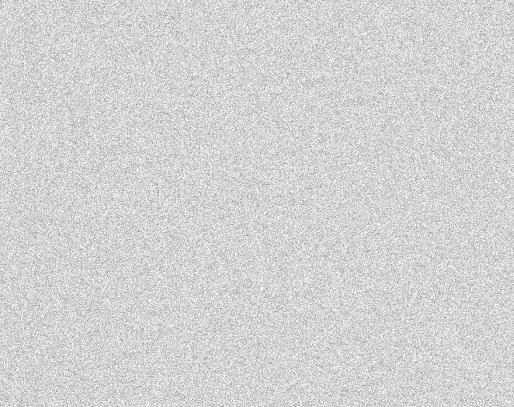For a long time, gfortran support on macOS could be achieved by
installing the homebrew cask gfortran via
brew cask install gfortran.
As of 2021, both the brew cask command and the cask gfortran are
deprecated. Users who have installed this cask already, will not notice
since things will continue to work as normal. Only new users who want to
install gfortran this way, will get the message that the cask is “not
available”. The cask was removed in December
2020 and merged
into the gcc formula (which can be installed via brew install gcc).
Now, one could go to
https://github.com/fxcoudert/gfortran-for-macOS/releases and manually
install the respective .dmg file. However, this is not a long-term
approach, and usually, one would like to do this via brew, the most
popular package manager for macOS.
Unfortunately, this change did not result in a smooth experience for R
users who want to compile packages from source that require a functional
gfortran compiler. This requirement does not occur very often, as most
users install R package binaries on macOS. These do not require a
working gfortran installation.
However, in some cases, when calling install.packages(), a working
gfortran installation is needed. And if type = "source" is used, it
needs to be there.
The issue after the integration of gfortran into the gcc formula is
that the official R binary installer for macOS expects the gfortran
installation at /usr/local/gfortran. This was fulfilled by the old
gfortran cask but is not by the new gcc integration. Hence, trying
to install the “cluster” package via
install.packages("cluster", type = "source") will fail and gfortran
will not be found:
* installing *source* package ‘cluster’ ...
** package ‘cluster’ successfully unpacked and MD5 sums checked
** using staged installation
** libs
clang -I"/Library/Frameworks/R.framework/Resources/include" -DNDEBUG -I/usr/local/include -fPIC -Wall -g -O2 -c clara.c -o clara.o
gfortran -mmacosx-version-min=10.13 -fno-optimize-sibling-calls -fPIC -Wall -g -O2 -c daisy.f -o daisy.o
make: gfortran: No such file or directory
make: *** [/Library/Frameworks/R.framework/Resources/etc/Makeconf:196: daisy.o] Error 127
ERROR: compilation failed for package ‘cluster’
There was a discussion about these changes in the homebrew PR, but the comments that highlighted potential issues seem to have gone unnoticed. Also, some workarounds posted in the thread do not work.
So how does one now install gfortran on macOS these days?
It is likely that one will not need the workaround presented below in the future since it will probably be fixed in the R installer at some point (hopefully). In the meantime, the following helps:
-
Create a file
~/.R/Makevars(if it does not exist yet) -
Add the following to
~/.R/MakevarsFC = usr/local/opt/gcc/bin/gfortran F77 = /usr/local/opt/gcc/bin/gfortran FLIBS = -L/usr/local/opt/gcc/lib -
Restart R
-
Test the changes by calling
install.packages("cluster", type = "source")
The output should look like this
* installing *source* package ‘cluster’ ...
** package ‘cluster’ successfully unpacked and MD5 sums checked
** using staged installation
** libs
clang -I"/Library/Frameworks/R.framework/Resources/include" -DNDEBUG -I/usr/local/include -fPIC -Wall -g -O2 -c clara.c -o clara.o
/usr/local/opt/gcc/bin/gfortran -fno-optimize-sibling-calls -fPIC -Wall -g -O2 -c daisy.f -o daisy.o
/usr/local/opt/gcc/bin/gfortran -fno-optimize-sibling-calls -fPIC -Wall -g -O2 -c dysta.f -o dysta.o
clang -I"/Library/Frameworks/R.framework/Resources/include" -DNDEBUG -I/usr/local/include -fPIC -Wall -g -O2 -c fanny.c -o fanny.o
clang -I"/Library/Frameworks/R.framework/Resources/include" -DNDEBUG -I/usr/local/include -fPIC -Wall -g -O2 -c init.c -o init.o
clang -I"/Library/Frameworks/R.framework/Resources/include" -DNDEBUG -I/usr/local/include -fPIC -Wall -g -O2 -c mona.c -o mona.o
clang -I"/Library/Frameworks/R.framework/Resources/include" -DNDEBUG -I/usr/local/include -fPIC -Wall -g -O2 -c pam.c -o pam.o
clang -I"/Library/Frameworks/R.framework/Resources/include" -DNDEBUG -I/usr/local/include -fPIC -Wall -g -O2 -c sildist.c -o sildist.o
clang -I"/Library/Frameworks/R.framework/Resources/include" -DNDEBUG -I/usr/local/include -fPIC -Wall -g -O2 -c spannel.c -o spannel.o
clang -I"/Library/Frameworks/R.framework/Resources/include" -DNDEBUG -I/usr/local/include -fPIC -Wall -g -O2 -c twins.c -o twins.o
clang -dynamiclib -Wl,-headerpad_max_install_names -undefined dynamic_lookup -single_module -multiply_defined suppress -L/Library/Frameworks/R.framework/Resources/lib -L/usr/local/lib -o cluster.so clara.o daisy.o dysta.o fanny.o init.o mona.o pam.o sildist.o spannel.o twins.o -L/usr/local/opt/gcc/lib -F/Library/Frameworks/R.framework/.. -framework R -Wl,-framework -Wl,CoreFoundation
ld: warning: object file (daisy.o) was built for newer macOS version (11.2) than being linked (11.0)
ld: warning: object file (dysta.o) was built for newer macOS version (11.2) than being linked (11.0)
installing to /Users/pjs/Library/R/4.0/library/00LOCK-cluster/00new/cluster/libs
** R
** data
*** moving datasets to lazyload DB
** inst
** byte-compile and prepare package for lazy loading
** help
*** installing help indices
** building package indices
** testing if installed package can be loaded from temporary location
** checking absolute paths in shared objects and dynamic libraries
** testing if installed package can be loaded from final location
** testing if installed package keeps a record of temporary installation path
* DONE (cluster)
Caution: After using this approach for a few days, I have seen
issues with certain packages (e.g. hsdar). It is unclear if the issues
trace back to the packages or the new way of using gfortran. You might
want to re-think using this proposed approach and eventually manually
install the linked standalone gfortran binary shown earlier in this
post.
Notes
- I am not sure about the
ld: warning: object file (dysta.o) was built for newer macOS version (11.2) than being linked (11.0)warning, but it does not seem to have a practical impact. - This approach was tested with R 4.0.4, macOS 11.2.3 in March 2021.
- If you still have the old
gfortrancask installed, you may want to switch to the new approach as the cask is no longer being updated. Hence, you will run a very outdatedgfortranat some point without noticing. You can remove the old cask withbrew remove – cask gfortran.


